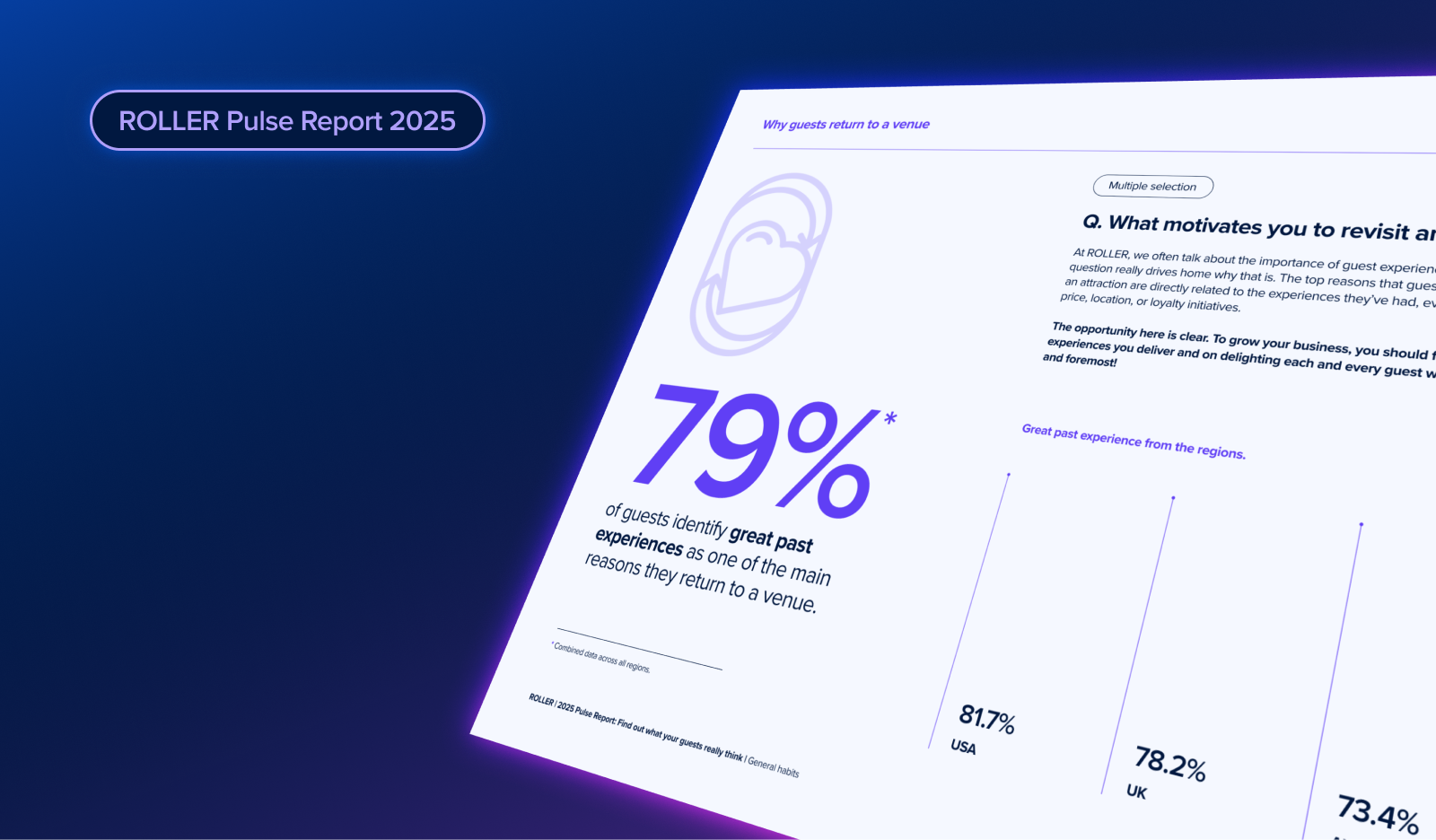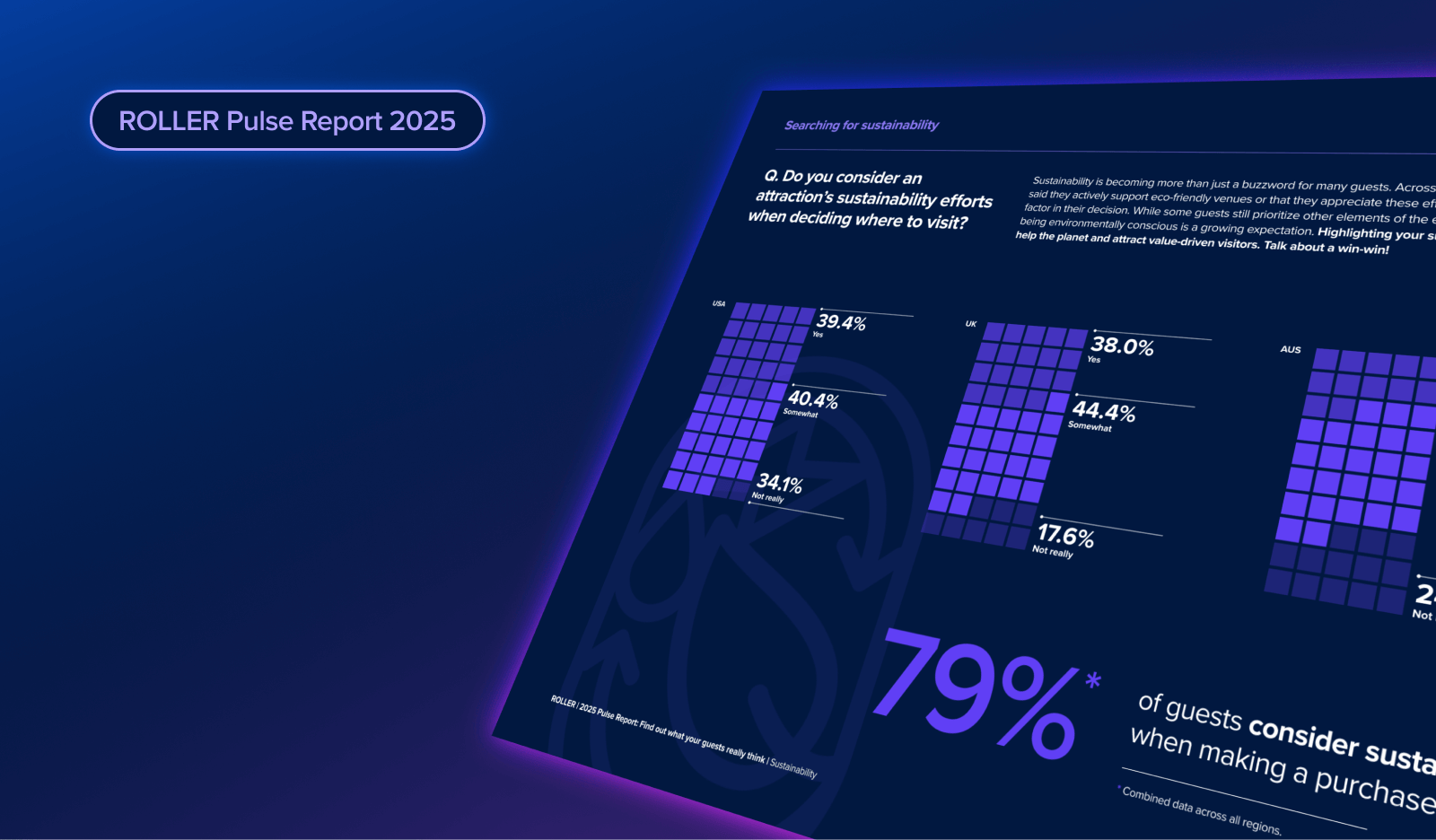What to do with Guest Feedback: Part 2

This article is second in a three-part series focusing on internal actions you can take from guest feedback to continually enhance your guest experience for the future. Part 1, which can be found here focuses on recognizing staff for receiving positive guest feedback. This article covers coaching tactics when negative feedback is received, and part 3 focuses on long-term actions from guest feedback.
Coaching your staff when guests complain
You hire for personality. You have a rock-solid onboarding and service training program. You have a guest service tip of the week that gets announced to every team member. You recognize and reward your staff when guests give praise. Yet the inevitable still happens. Every now and then, the two worlds collide between an upset guest and a staff member whose service tank is running on empty. The service failure leads to a complaint, which *hopefully* came to you directly, whether in person, email, phone call, or survey, but it may have been on social media or an online review. You work with the guest and overcome the service failure, but now what do you do with your staff?
Some might think that this isn’t the most glamorous part of the job, but the most effective leaders embrace the opportunity to coach staff members toward continuous improvement. Just like the coach of a sports team who is fully invested in the team’s success, a manager or supervisor should seek opportunities to further develop their employees through coaching.
With these recommendations, you can make sure that coaching is the most fulfilling part of your leadership style.
Be punctual, personal, and private
Negative guest feedback should be dealt with as quickly as possible. This goes for serving the guest the best way possible, as well as addressing the employee(s) responsible for the service failure. While recognition can be held privately and occasionally in public, coaching for poor performance should never occur in front of the employee’s peers, subordinates, or leaders. Coaching meetings need to be designated, closed-door conversations with the purpose focused on discussing the specific situation that occurred. When an in-person meeting is unavailable, a virtual meeting may suffice, but never through an email or text message that would minimize the opportunity for dialogue.
Be specific and objective
Just like when giving praise, the feedback you provide to your staff must be specific so they know what needs to be improved in the future. Telling a staff that their service is not as great as it should be does not offer guidance into how to avoid further negative feedback or coaching sessions. Additionally, your coaching session must not suggest that you have a negative opinion of the employee. Use the guest feedback as your guide. If the complaint was posted in a review, email, mystery shop, survey, or comment card, use the exact words from the guest, and make the conversation about what the guest observed, not your interpretation of it. Be straightforward and direct.
Recognize the difference between coaching and discipline
“I expect more from you.” A leader once said that to me in a coaching session early in my career, and then we talked about where I fell short of my usual performance. More than a decade later, this was one of the most impactful coaching sessions I remember.
Discipline should always involve coaching, but coaching does not always require discipline. In fact, employees can be more receptive to coaching when they are not being disciplined. Coaching is about continuous improvement, whereas discipline is about punishing. Punishment can be discouraging, yet coaching should be energizing. If an employee walks out of a coaching meeting feeling better about themselves and confident to deliver a superior guest experience, you have succeeded. On the other hand, if they are upset for being given a written or final warning, they may feel nervous or even embarrassed, making them feel more anxious about not wanting to make an error. Discipline should be reserved for intentional wrongdoings, not for learning moments that lead to growth.
Side note: Even if you are not providing formal discipline, always document coaching so there is a record of your conversation and the actions following it.
Provide the tools to succeed
Because coaching is about improvement, the action items from your meeting should not only apply to the staff, but also demonstrate your commitment to their ongoing success. Is their name tag oftentimes missing? Maybe they need an extra one to keep on hand. A guest complained that they waited longer than expected upon arrival? Discuss ways that the team member can be more efficient. Employee was rude? Perfect time to revisit the service standard that you expect from your staff. Everyone should walk away from this meeting feeling enthused and fully equipped to see improvement.
Be consistent with accountability
If rewards and recognition must be consistent, then coaching is certainly no exception. Consistency is one of the biggest challenges when managing an operation, especially a dynamic and ever-changing family entertainment attraction. Jessi O’Daniel, VP of Guest Experience at Kentucky Kingdom, says that one of her biggest leadership tips is “to not let a failure go uncorrected.” Jessi says that accountability is crucial for setting a company culture, and if employees are not held accountable, the employees who suffer most are the best employees who directly see underperformers not be held accountable.
Coaching your employees should not be a daunting exercise, but it is one of the most important ways to ensure consistency in service delivery and minimizing the likelihood of service failures happening in the future. Then, once you have your coaching system in place to ensure quick and immediate actions, you can then focus on your long-term guest feedback strategy: eliminate the issue.
Related articles

.png)
What the 2025 Pulse Report Reveals About Guest Booking Behavior at Attractions

2025 Pulse Report: How Sustainability Is Shaping Guest Expectations
Enhance your guest experience
Get free education, tips and inspiration to help you run a successful venue.